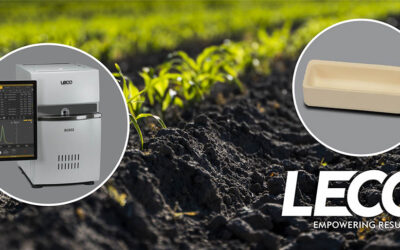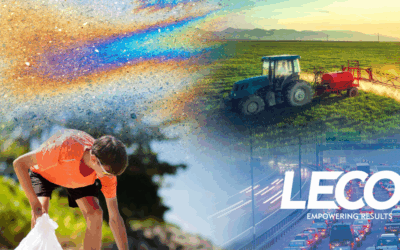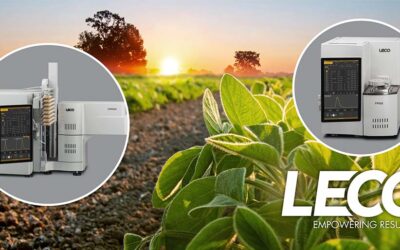After countless hours of research, designing, testing, and fine-tuning, LECO is proud to announce the release of our latest and greatest Time-of-Flight Mass Spectrometer, the Pegasus BTX. This innovative instrument for GC and GCxGC applications marks a new chapter for LECO customers in the world of Separation Science. The smallest and most sensitive GC-TOFMS on the market, this benchtop model delivers big results in a miniscule footprint. But the ingenuity doesn’t stop there.
The Pegasus BTX boasts a blinding fast spectral acquisition rate with collection of full mass range data, a new ion path and detector design, and it retains LECO’s unique StayClean® ion source, which requires no cleaning. We built the BTX with our customers in mind. A completely reimagined detector delivers improved lifetime, allowing LECO to offer an industry first two-year warranty on a mass spectrometer detector. This is not only a testament to LECO’s capabilities in designing and building state-of-the-art products, but a testament to our dedication to customer satisfaction and ongoing support past each sale. Best said by LECO European Field Product Manager for Separation Science, Christine Loeb-Stubbins, “It’s not just about selling products, it’s about making it work the best for the customers’ needs.”
After teasing our new product for several weeks, we launched the Pegasus BTX on April 10th at Analytica in Munich, Germany.
-
Introducing the new Pegasus® BTX at Analytica.
-
Alexander Albrecht (EU Finance Director), Ralf Loescher (Vice Pres. Europe), Farai Rukunda (Director of Separation Science Customer Success), and Slava Artaev (Technical Director Separation Science) excited about the Pegasus® BTX.
-
The LECO Germany team at Analytica.
Simultaneously, we hosted a live webinar that introduced the BTX to the rest of the world. If you’re interested in learning more about this new instrument, fill out the form to watch the Pegasus BTX launch video.







